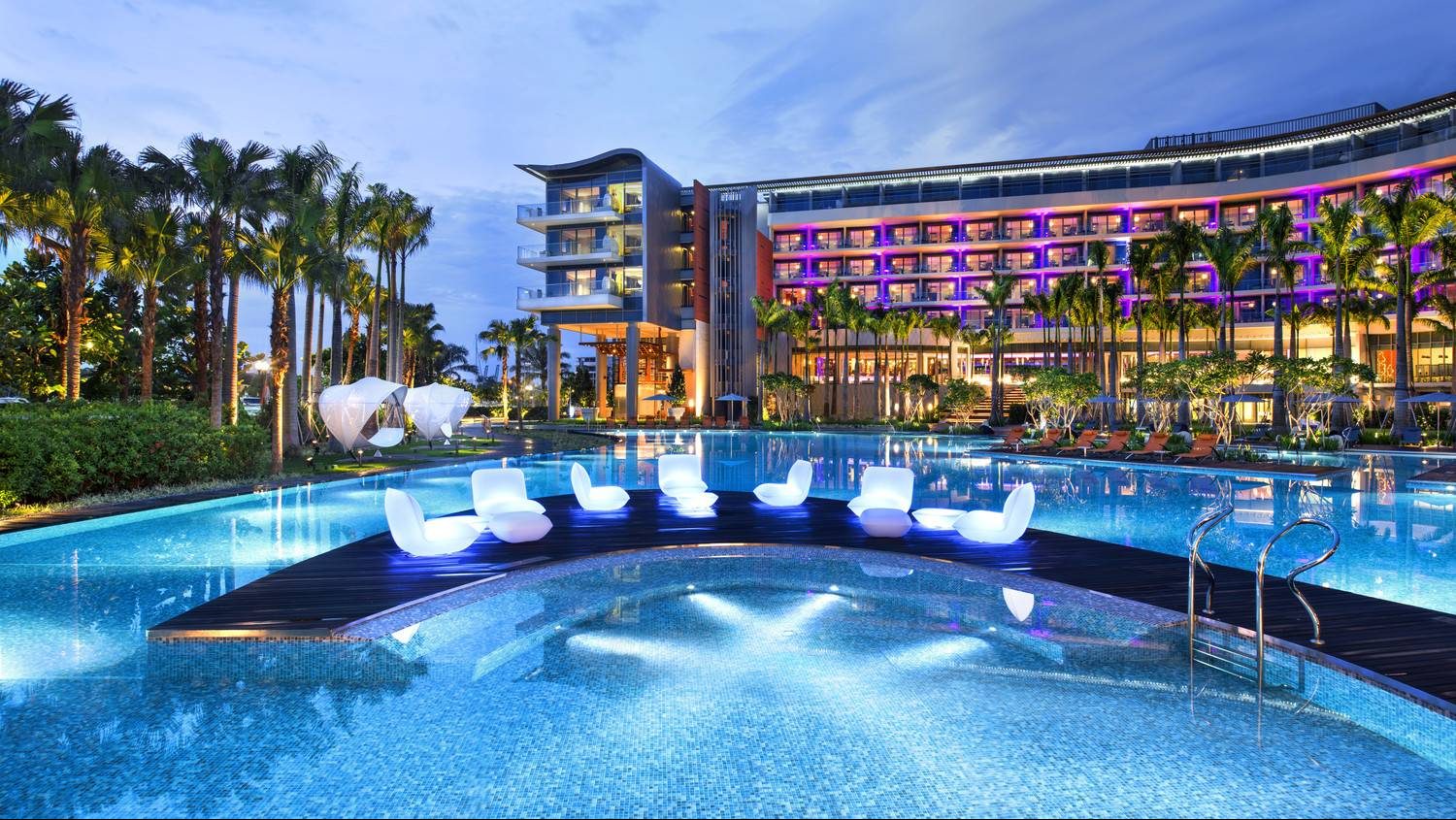SINGAPORE: In the heart of Sentosa Island, often called Singapore’s “little Monaco,” a cluster of opulent mansions along the coastline stands as a symbol of exclusivity for the city-state’s elite. These high-end properties, boasting Ferraris and Bentleys in their driveways, are part of Sentosa Cove, the only area in Singapore where foreigners can purchase standalone low-rise units on private land without additional approvals. However, Sentosa Cove faces challenges amid the recent money laundering arrests and slowing luxury home sales.
On Tuesday, Nov 28, NIKKEI Asia reported that recent events have cast a shadow over this enclave’s reputation as a haven for the wealthy. Sentosa Cove, once marketed as the ultimate playground for the rich and famous, is now facing scrutiny due to its association with money laundering. In a mid-August police operation, ten foreigners, predominantly of Chinese ethnicity, were arrested on suspicion of laundering money in Singapore, including through the purchase of high-value properties.
Yam Wern-Jhien, director at the law firm Setia, noted that individuals with unclear sources of income or wealth might reconsider investing in multimillion-dollar bungalows on Sentosa Island. He stated, “The reality is that individuals with opaque sources of income or wealth will come to realize the potential risks associated with purchasing multimillion-dollar bungalows on Singapore’s Sentosa Island because they will become a sitting duck. Law enforcement has shown that they will actively scrutinize sources of funds and wealth, and if there is any issue, they can act — and they will.”
The pressure on foreign buyers doesn’t stop there. In April, Singapore increased the Additional Buyer’s Stamp Duty (ABSD) for residential property purchases, doubling the tax rate to 60% for foreigners. Sentosa’s mansions, often priced above S$20 million each, now incur a substantial tax burden for overseas buyers, leading to a noticeable slowdown in sales.
Research from real estate platform Mogul.sg indicates that, by the end of November, only four mansions were sold to foreigners, compared to 10 in 2022 and 13 in 2021. Mogul’s chief research officer, Nicholas Mak, said, “It is more difficult to find a buyer for a Sentosa luxury home now. It will be challenging for Sentosa Cove housing demand to pick up in the coming months.”
Sentosa Cove, with its proximity to a golf course and upscale amenities, makes it an attractive investment. However, recent developments have disrupted the fairy-tale-like landscape. The money laundering bust, Singapore’s largest to date, resulted in the seizure of assets worth over S$2.8 billion, including 152 properties, 62 vehicles, liquor and wine, bank accounts, cryptocurrencies, gold bars, and luxury bags. The suspects allegedly gained these assets through criminal activities such as outlawed gambling and illicit online gaming.
Huttons, a Singapore real estate agency, reported that the money laundering incident has further dampened sentiments in the luxury home market. The total value of landed homes in the Sentosa area has more than halved, and with higher interest rates and cautious sentiments prevailing, the decline is expected to continue.
Property brokers, such as Clarence Foo from PropNex Realty, have witnessed the slowdown firsthand. Visits to tour homes in Sentosa have become infrequent, with prospective buyers making decisions less frequently than before. Mr Foo’s team hosted prospective buyers “two to three times a week” last year; however, now the visits are just around “once or twice a month.”
Mr Foo stated, “We see very clear signs that foreigners are not coming in as much or they are not making decisions like they used to do. Hong Kong has recently reduced their property tax for foreigners, so that puts Singapore even in a sharper contrast.”/TISG

